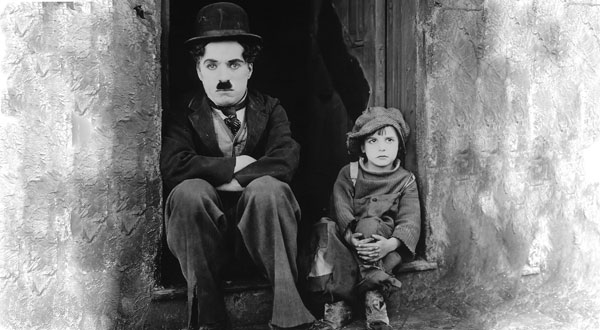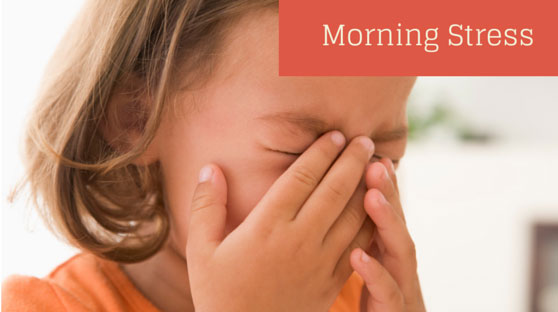Jason and I are both big fans of the 80/20 Principle, especially as it relates to parenting. (We’ll explain the parenting part in a bit, hang tight.)
The 80/20 Principle was discovered by Italian Economist Vilfredo Pareto in the early 1900s when he realized that 80% of the wealth in England was held by 20% of the population (in the US now, as you probably know, it’s even more unbalanced—99% of the wealth is held by 1% of the population).
He realized that the 80/20 principle didn’t just apply to wealth. It applied to everything.
20% of the freeways get 80% of the traffic
20% of the customers make 80% of the purchases
20% of the runners win 80% of the races
So how can we apply this to parenting?
We’d be willing to bet that only 20% (or less) of the time parents spend with their kids equates to 80% of their struggle as parents. The other 80% of the time their kids are delightful or a least neutral, and easy to be with.
We don’t live with you, so obviously we don’t know what things look like in your home. But from working with a whole bunch of different children in the classroom we’ve seen that even the toughest child is only tough to work with 20% of the day (or sometimes even much less, maybe 5%).
Do you see this too in your own family?
We sure do. Most of the time our kids are great. It’s only a very small percentage of time that they fight with each other, or we have a conflict with them.
So could it ALSO be true then that 20% of what we do as parents will take away 80% of the struggle?
We think so.
And we will even be so bold as to say, here are 3 things that you can do that will take away 80% of the struggle of parenting. These are from the “Explosive Child” by Ross Greene, PhD.
- Mindset Shift: Most parents think, when their child explodes, fights, yells, hits, kicks, etc., that their child is attention seeking, manipulative, or unmotivated.
In these tough times, rather than doing what the typical parent does, do what the exceptional parent does—recognize that your child is lacking a skill in this area.
This mindset shift—seeing an outburst as a lack of skills—has huge ripple effects in parenting, making you an ally and a teacher for your child.
- Compassionate Conflict Resolution: Greene likes to call this collaborative problem solving, but it’s the same process whatever you call it. If you need a brush up on your conflict resolution skills check out his book, or sign up at the top to be the first to get into our Blueprint class.
- Solve Problems Proactively: Most of the problems your child confronts are predictable or repetitive. Even if some problems seem to come up “out of the blue” if you look a little closer you’ll probably find that most issues are familiar, part of a pattern, or predictable in some way.
That means, most of the time, we can start addressing problems proactively, during quiet times when everyone is calm. Parenting proactively is far more effective, and much easier, than solving problems in the “heat of the moment”
We hope these three tools will remove 80% of the struggle during the tough times with only 20% of the effort.
For more support about how to implement these tools sign up above to get a Free Video Series in as part of our Happily Family Blueprint Class.
Hugs,
Cecilia and Jason Hilkey









